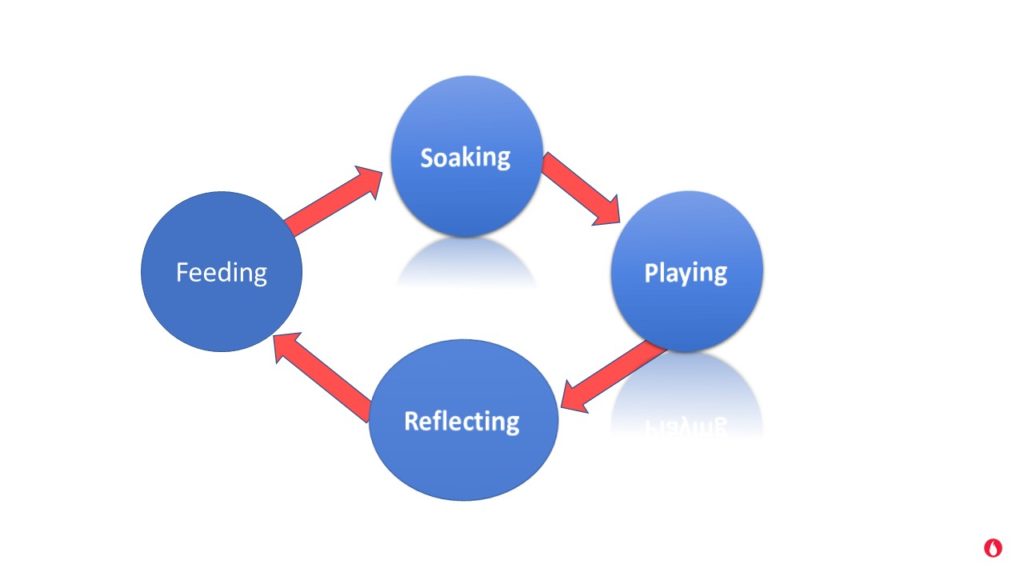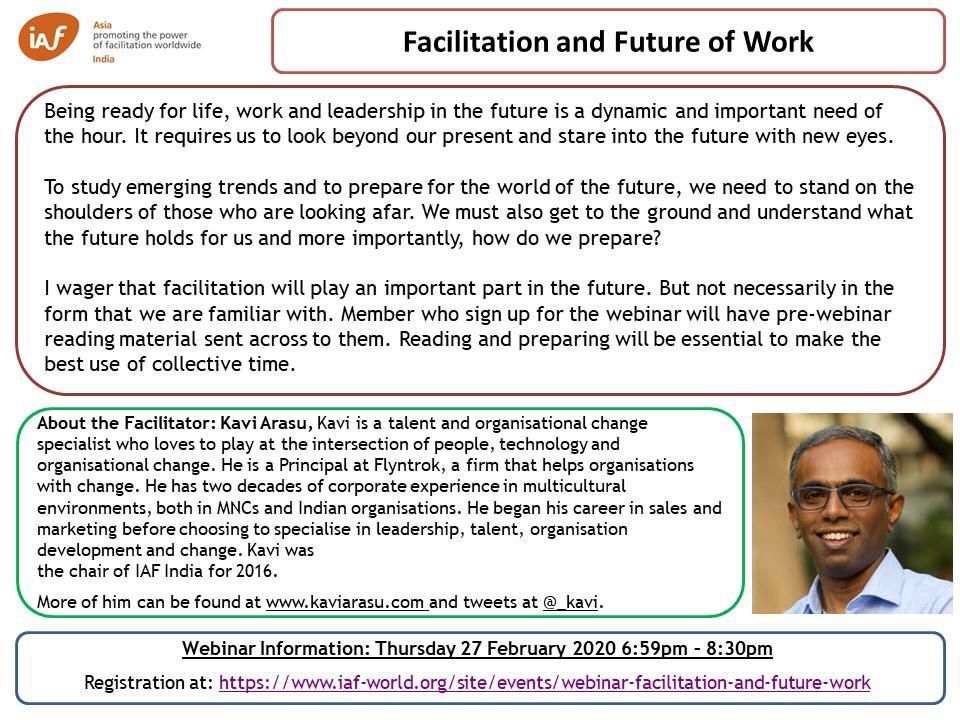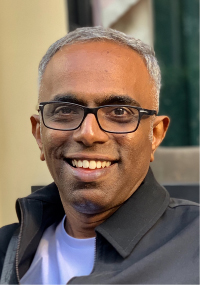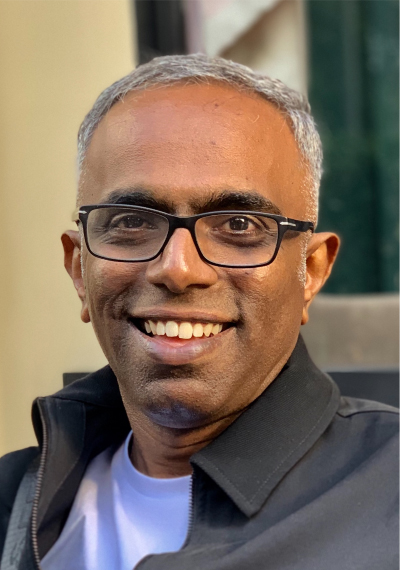I have been interested in the future for a couple of decades. Perhaps more. My wonder years went by between my indulgences in daydreaming and the whimsies of those days. The future was a good escape chute from the pressing dilemmas of the present, back then. Ironical, when I consider how often I dip into the nostalgia of those times, to escape the difficult times we live in now! Those were pristine days.
But the future has always given me hope. Back then and now. Hope about a better life.
The trouble with the future.
William Gibson said it well. The future is already here – it is just not very evenly distributed.
Sample this.
A few months ago on one of my rural sojourns, I was at a small village in rural India. I was shooting the breeze with villagers and as always, they were saying some rather profound truths. I reached for my iPad and started scribbling some notes. Little did I think that the iPad would become the cynosure of the village’s attention for a bit. They had never seen an iPad. To them, it seemed that the iPad was a magical device! Imagine that happening in 2019.
Another example.
Two different organisations I consult with had similar asks of me. They both wanted to decipher their futures. They operate in different contexts but the pictures that emerged for them were a study in contrast. One team spoke of robots, holograms and the like. The other team’s best version of the future was video calls and not relying on emails to communicate.
Both were valid and predicated by their present worlds, their exposure and expectations they had of the future.
The future is already here – it’s just not evenly distributed. What is a magical dream that will come alive in the distant future for some is already alive and kicking for a few! The other deceptive element about the future is that it comes in trickles. One day at a time. It does not arrive with cymbals chiming and trumpets piercing through the air. The future is amoebic. It seeps in steadily and occupies centre stage for a bit. Only to be swept away by a newer version.
So, why should you be interested in the future?
Well, for one, the future is where we and our children will spend time in. Plus, the future bristles with possibility while being cloaked by uncertainty. We have ideas about what might be. We have hopes about what perhaps should (and shouldn’t) be.
While what will be will be. But there is no limit to human curiosity about what will be. There are different providers for this market that extends from the local astrologer to Linda Goodman to futurists!
My interest in the future extends far beyond it being an escape from the present. It has a simple logical premise as the base. It reads something like this: The present is a product of the past. Our futures are going to be a function of what we do now. Our understanding of what can possibly shape the world will help us sculpt our action now. Wayne Gretzky the famed ice hockey player said it well. “I skate to where the puck is going to be, not where it has been”.
Reason number two. The rate of change that is accompanying our everyday life is at such a fast clip, that a lack of understanding of the change would be debilitating. I don’t want to be the person who brings morbid news to a happy world. On second thoughts, I might as well be. We need to be aware and prepared to be able to embrace the change. If not, the inequality between the haves and the have nots will have a new dimension. A defining dimension at that.
The flux will create will mean that the ones who are better prepared have a better chance at adapting and surviving.
Over the years, I have a four-pronged way of working on my understanding of the future.
Indulge in reading, listening & conversation. (Soaking). Indulge in experimentation at the edge of your comfort levels. (Playing)
Indulge in reflection. (Reflecting). Feed the reflection back into the conversation. (Re-soaking).

Soaking.
Read up. Listen in. Speak up. The more I read and indulge in conversations about what I have read and listened in to, I am left with more questions. It is almost like a curious detective going after clues. That’s the thing about thinking about the future. I have learnt that I stop looking for answers, but more for clues!
One result of this endeavour is The OWL Despatch (OWL standing for Our Work in Learning) that I publish every other Tuesday that reaches the inbox of numerous subscribers around the world. Just putting it together has been such a fulfilling experience that its the best example I can think of for ‘soaking’.
Playing.
If soaking it in is one component, experimenting with a sense of play is another. Experiments at the frontiers of comfort zones test levels of comfort and push learning. Often asking myself ‘when was the last time I tried something out for the first time’ has kept me on alive.
Experiments in robotics, in new technologies for everyday work, in play etc always reveal something new. Many are hopeless flops. But the few that remain make it worthwhile. They reveal more about blowing winds of change in the world. Even better, they reveal a thing or two about myself! Over to you, what was the last experiment about the thing of future you have had? How did it go?
Reflection.
That question, ‘how did it go?’ is a question of reflection. Having a reflective conversation about my experiments with sparring partners has offered me insights that would have been otherwise beyond me. Yes, a sparring partner helps quite a lot. I have been ever so thankful for the handful that I have!
Feeding forward.
Feeding the reflection back into the soaking and playing anew is a crucial part. Sharing ideas, collecting conversations and continuing the ideas keeps it in the perpetual beta mode.
By the way, there is a webinar coming up. Hosted by the International Association of Facilitators. I am so looking forward to it.
One such is this webinar at the International Association of Facilitators. The IAF has such amazing people that a fantastic conversation is guaranteed. Conversations are the ideal stages for learning and change. Stay tuned for more updates on how the conversation went.

Image Credit: www.unsplash.com


